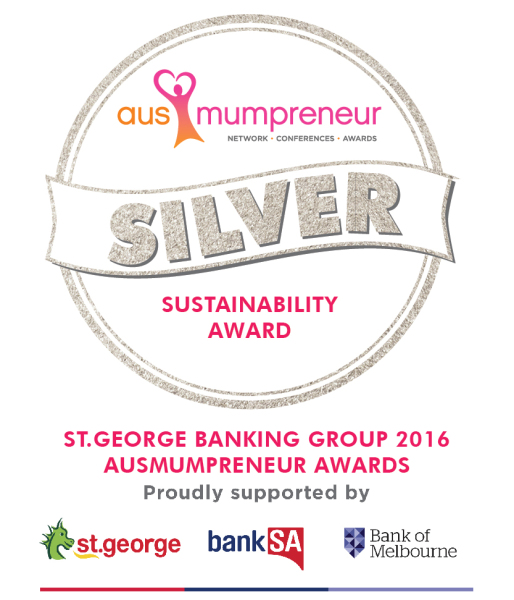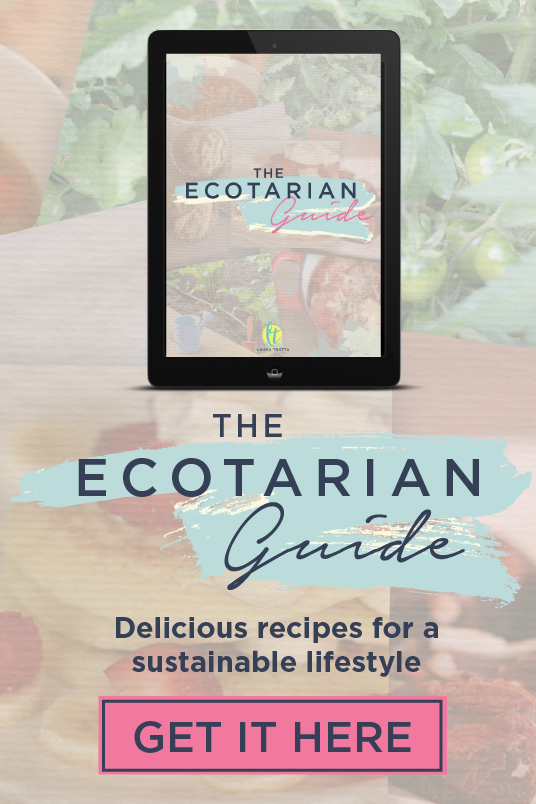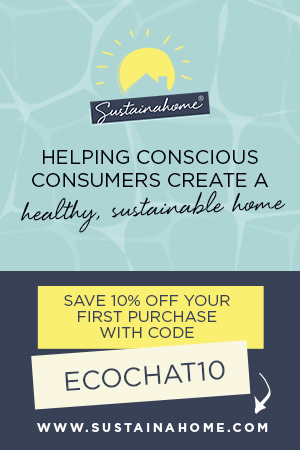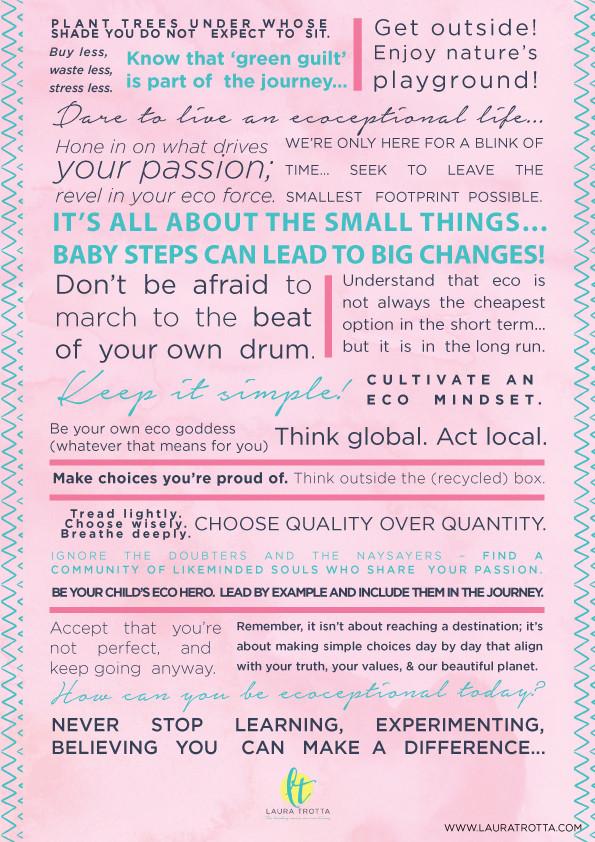While 2020 saw Covid-19 ravage human populations and communities around the world, there were many positives throughout the year for our local, regional and global environments.
Air pollution improved in many cities in China, Europe and the US, water quality also improved in many of the world’s waterways and oil consumption dropped so significantly that the US price per barrel of crude oil slipped into the negative for the first time in history. That meant producers were paying buyers to take oil off their hands.
While most of these examples were a direct result of Lockdown measures around the world slowing down human activity and therefore human impact, some jurisdictions continued to push their sustainability agendas and took significant steps forward for longer lasting positive impact.
So this New Year, as many of us continue to struggle to process the year that was 2020, I thought I’d take the opportunity to highlight five positive environmental news stories. It’s my intention that they give you some hope for 2021 and beyond.
Podcast: Play In New Window
Subscribe in Apple Podcasts | Google Podcasts | Stitcher | Spotify
FIVE POSITIVE ENVIRONMENTAL STORIES FROM 2020
1. United States Signalled their Intention to Rejoin the Paris Agreement
Quite possibly the biggest event that impacted the world this year, COVID-19 aside, was the US election. The Democrat win will have positive ramifications for the global environment for many years to come, thanks to President-elect Jo Biden vowing to lead on climate action.
On 4 November 2020 the Trump Administration officially left the Paris Climate Agreement, a global accord to reduce carbon emissions and prevent the worst impacts of climate change. Thankfully, the withdrawal of the US will be short-lived; on the very same day the country exited the accord, President-elect Joe Biden vowed to rejoin as soon as he assumes office.
Biden’s promise to rejoin the Agreement signals that climate change will be a significant issue during his presidency. He has already laid out an ambitious plan to reduce America’s emissions and has a tough road ahead of him to implement policy to get the nation back on track to reduce emissions and get their green economy going after four years lost to a pro-fossil fuel agenda.
Speaking of green economies, my home State of South Australia punched above its weight for sustainability again this year….
2. South Australia goes 100% Solar
South Australia (SA) became the first major jurisdiction in the world to be powered entirely by solar energy. For just over an hour on Sunday 11 October 2020, 100% of energy demand was met by solar panels alone (source).
Rooftop solar systems contributed 77% and large-scale solar farms provided the other 23%. Excess power generated by gas and wind farms in the State on that day was stored in batteries or exported to adjacent state Victoria via the interconnector. South Australia is also home to the largest lithium-ion battery in the world, the Tesla battery at Hornsdale, which incidentally had its capacity expanded by 50% in 2020 to further stabilise the grid after the continued high uptake of rooftop solar in the state.
Just a few years ago, not long after SA turned off its last coal-fired power station and a wild storm caused a 3-day power outage across much of the State, South Australia was the butt of many jokes from other State leaders. Now SA has positioned itself as an exporter of green energy and is fast becoming the envy of other jurisdictions still married to fossil fuels.
South Australia also made significant inroads in 2020 into tackling the issue of single-use plastics.
3. South Australia bans Single-Use Plastic
In September 2020, SA became the first Australian state to pass legislation to ban the sale, supply and distribution of single-use plastic products such as straws, cutlery and beverage stirrers (source). The ban takes effect from 1 March 2021 and will expand to include other items such as polystyrene cups, bowls and plates in early 2022. There’s also a framework for adding more items in future.
This significant step follows from SA leading the nation in 2009 with a ban on lightweight, checkout-style plastic bags and the 40+ year container deposit scheme implemented in 1977 enabling drink cans and bottles to be returned to recycling depots for cash and essentially eliminating litter from drink containers in the process.
4. Big Corporates Got More On Board Sustainability
The message that businesses who don’t take sustainability seriously will simply go out of business is finally sinking in, and not surprisingly many businesses, big and small, are upping their game in this area. In 2020:
– McDonald’s pledged to remove non-sustainable hard plastic from its iconic Happy Meal from 2021 (source). The Happy Meal will only include soft toys, sustainable paper-based gifts or books as the company works to find sustainable alternatives to hard plastic.
– In February 2020, Rio Tinto pledged to reduce greenhouse gas emissions to net zero by 2050. As well as this target, Rio Tinto announced plans to spend $US1 billion on climate-related projects. Rio Tinto’s pledge followed BHP, who announced in November 2019 their pledge to be net zero for scope 1, 2 and 3 emissions by 2050.
– Several Foodland supermarkets in Adelaide, South Australia switched out their traditional metal shopping trolleys with trolleys made in Australia from 100% recycled Australian plastic. Not only are these hybrid plastic-metal Supercart trolleys better for the environment, they’re lightweight, look great and are easy to control. The large trolleys are made from 152 recycled milk bottles and the smaller trolleys are made from 66 recycled milk bottles. Foodland supermarkets also replaced all single-use plastic produce bags with home compostable alternatives.
– In January 2020, Microsoft announced an ambitious goal and a new plan to reduce and ultimately remove their carbon footprint (source). Microsoft will be carbon negative by 2030, and by 2050 they will have removed from the environment all the carbon the company has emitted either directly or by electrical consumption since it was founded in 1975. Microsoft believes that while the world will need to reach net zero, those who can afford to move faster and go further should do so. Let’s hope that many other companies and organisations follow their lead.
5. Earth Overshoot Day Pushed Back by 24 Days
In 2020, as a direct result of the pandemic-induced lockdown measures around the world slowing human activity down, the date of Earth Overshoot Day – when humanity has used as much ecological resources as the planet’s natural ecosystems can regenerate in the whole year – was pushed back to where it stood some 15 years ago (a conservative 24 days later than in 2019) (source). While this is good news for the environment, it’s not a sustainable change because it came at the cost of a global tragedy that impacted millions of lives.
We could celebrate numerous short term environmental benefits, like the US crude oil price going negative in 2020, however until these are the results from conscious actions humanity has taken to improve our environment they will not be sustainable.
Final Thoughts
COVID-19 is our wake up call to take sustainability seriously.
For all our intelligence and technologies, humanity is not immune to the impacts of overusing natural ecosystems, damaging wildlife and changing the chemistry of the biosphere. We are nature and we cannot be healthy on a sick planet.
COVID-19 has really just highlighted the underlying environmental challenges that we need to face.
Thankfully, some corporates, businesses and jurisdictions took significant steps forward to face these challenges in 2020.
Entire nations did too – I’m looking right at you America. I know the pandemic is ravaging your country right now more so than any other, but you stood up this year and voted for change and a better future not just for Americans, but all residents and living creatures on Earth. Thank you for your courage.
OVER TO YOU!
Know of a positive environmental story from 2020? Share below!
Like this post? You’ll also love
[159] How to Become a Carbon-Neutral Certified Business
[155] How to Offset Your Carbon Emissions
[154] Pros and Cons of Electric Vehicles
[147] How Climate Change is Fuelling Bushfires
[135] What You Can Do About Climate Change
[67] Climate Change – What it Is and Why We Need to Do Something About It
[87] What is the Paris Agreement and Why Did Trump Withdraw?
- Sustainable Home Design- factors to consider to maximise sustainability - July 28, 2022
- Advantage and Disadvantages of Tiny Houses - May 31, 2022
- How School Strike 4 Climate is Empowering Youth to Fight for Their Future - May 1, 2022

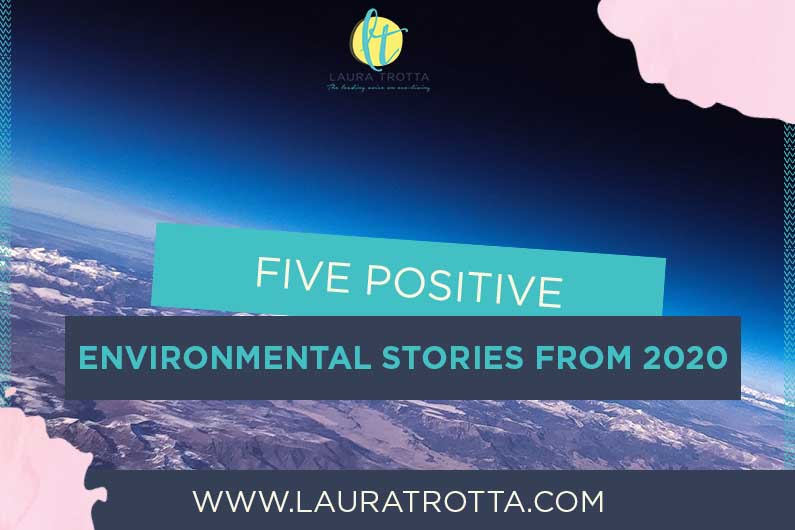
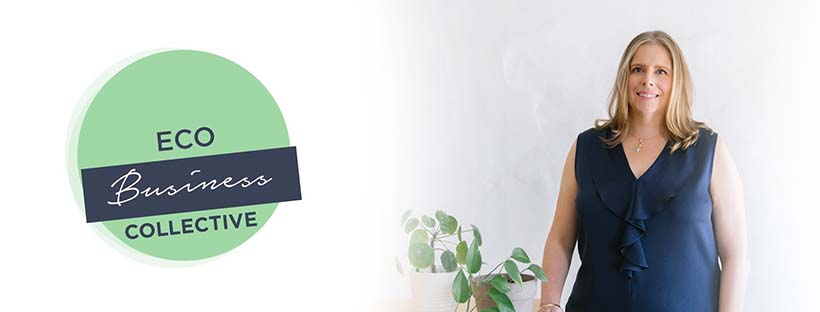
 Laura Trotta is one of Australia’s leading home sustainability experts. She has a Bachelor of Environmental Engineering, a Masters of Science (in Environmental Chemistry) and spent 11 years working as an environmental professional before creating her first online eco business, Sustainababy, in 2009. She has won numerous regional and national awards for her fresh and inspiring take on living an ‘ecoceptional’ life (including most recently winning the Brand South Australia Flinders University Education Award (2015) for the north-west region in SA and silver in the Eco-friendly category of the 2015 Ausmumpreneur Awards). With a regular segment on ABC Radio and with her work featured in publications like Nurture Parenting and My Child Magazine, Laura is an eco thought leader who’s not afraid to challenge the status quo. A passionate believer in addressing the small things to achieve big change, and protecting the planet in practical ways, Laura lives with her husband and two sons in outback South Australia.
Laura Trotta is one of Australia’s leading home sustainability experts. She has a Bachelor of Environmental Engineering, a Masters of Science (in Environmental Chemistry) and spent 11 years working as an environmental professional before creating her first online eco business, Sustainababy, in 2009. She has won numerous regional and national awards for her fresh and inspiring take on living an ‘ecoceptional’ life (including most recently winning the Brand South Australia Flinders University Education Award (2015) for the north-west region in SA and silver in the Eco-friendly category of the 2015 Ausmumpreneur Awards). With a regular segment on ABC Radio and with her work featured in publications like Nurture Parenting and My Child Magazine, Laura is an eco thought leader who’s not afraid to challenge the status quo. A passionate believer in addressing the small things to achieve big change, and protecting the planet in practical ways, Laura lives with her husband and two sons in outback South Australia. 